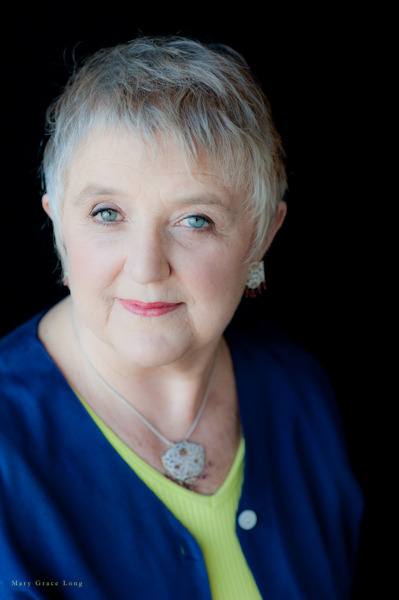by LIZ TAYLOR
If you want to learn mountain climbing, you won’t start with Mount Everest. If you yearn to become a great cook, I doubt you’ll begin by hosting a huge dinner party. For all things that are complicated and worth knowing, it takes time, education, practice and patience to learn the tricks, absorb the subtleties and understand what’s really involved.
So it’s funny that most of us don’t think about the complicated, expensive, emotional and important phenomenon of our own aging.
Put another way: just about everybody thinks everyone else is getting older, except themselves. It’s always the other guy! You’re getting old, but I’m not.
Poor health or simple frailty can make aging a vastly different story, and few of us prepare ahead of time. It’s not fun to think about becoming sick (physically or cognitively, or both). But not thinking about it — and not putting into place the systems that will protect us — won’t make it go away. It just leaves us vulnerable, with fewer options and, often, very little control over what happens.
Chances are good that most of us will live a long time. People 85 and over are the fastest-growing segment of the US population; those over 100 are increasing dramatically. Seventy percent of us are expected to require assistance before we die. Some will need help a few hours a week, others 24/7. We can’t predict.
Like anything complicated, aging well takes planning. The ideal age to begin is in your early 50s when you’re not in a crisis and can take your time. However, it’s not too late in your 90s. The trick is to do it before calamity falls on your head like a ton of bricks.
Here are five essential, basic questions:
1. Are your Advance Directives in place, naming people you trust (and live near by) who are able to watch out for your health and finances when you can’t?
2. Do you live in a home that allows you to live independently if you can’t handle stairs or lose your vision?
3. How will you get groceries if you can no longer drive?
4. Who will care for you when you need assistance?
5. How will you pay for your care when family and friends can’t?
Planning for your aging can be surprisingly fun and interesting. The more you know, the more you’ll see how interconnected the pieces are.
None of us ever has total control over our lives, but there are things we can do while we’re healthy that will protect our interests when we’re not. Once you start, you’ll look at the world differently.
This October, I will offer an introductory workshop through the Lopez Island Family Center on planning for your aging. If there’s enough interest, I’ll do others on specific topics in subsequent months. Watch the Islands’ Weekly Calendar and the Family Center’s Class schedule for details.
Liz Taylor has worked in the aging field for almost 40 years. You can reach her at lizt@agingdeliberately.com.




